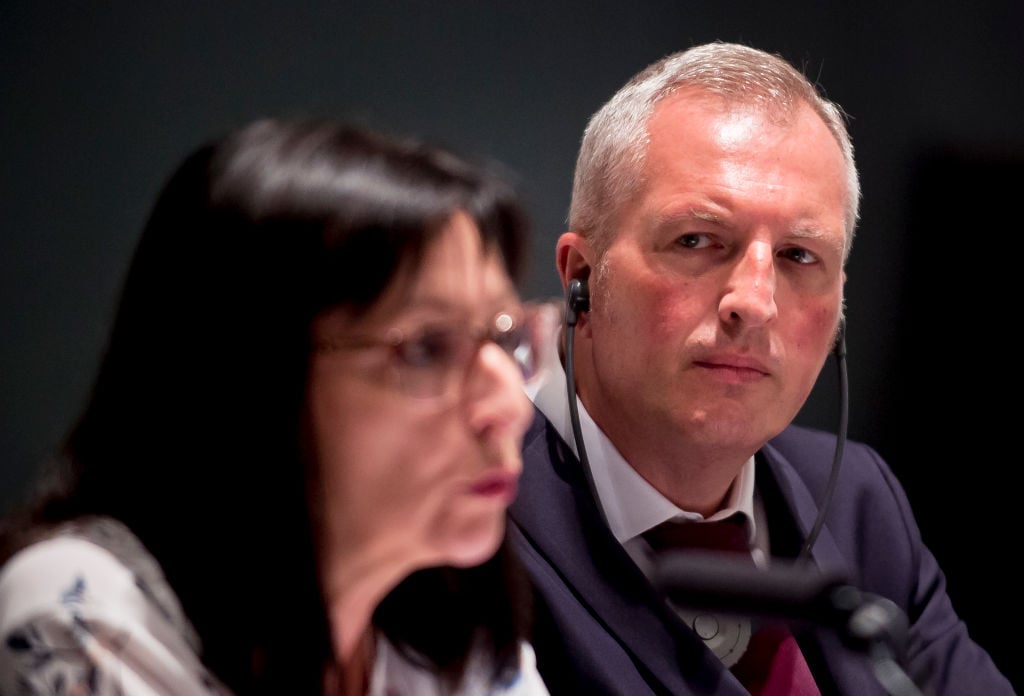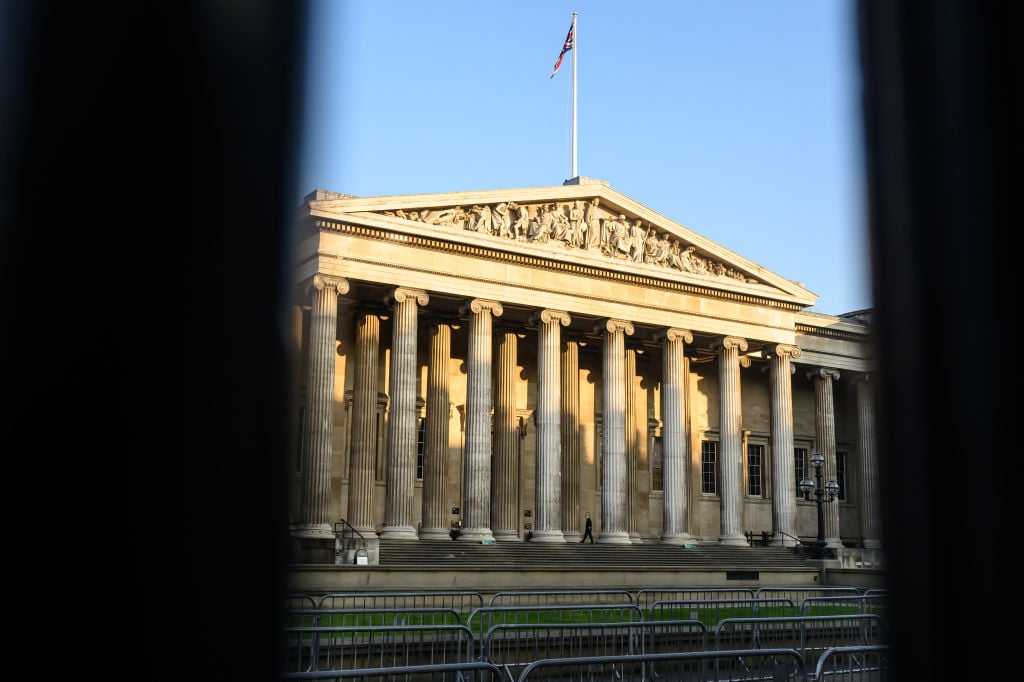For the first time since the British Museum announced that valuable objects were stolen from its collection, its embattled director, Hartwig Fischer, has spoken out.
Fischer has become the target of increased public scrutiny since an art dealer claimed that he had warned the museum of the thefts two years ago and yet its leadership failed to act.
In an interview with the Guardian, the director confirmed that allegations of missing objects were brought to the museum in 2021. “We took them incredibly seriously, and immediately set up an investigation,” he said. “Concerns were only raised about a small number of items, and our investigation concluded that those items were all accounted for.”
“We now have reason to believe that the individual who raised concerns had many more items in his possession,” Fischer continued, likely referring to the Dutch antiquities dealer Ittai Gradel, who alerted the museum after spotting objects from its collection on eBay. “It’s frustrating that that was not revealed to us as it would have aided our investigations.”
“In 2022, we embarked on a full audit—which revealed a bigger problem,” Fischer said. “I reported my concerns to the trustees, and together we agreed to call in the police. We also then began the disciplinary process that resulted in a member of staff being dismissed.”

Curator Peter John Higgs [R] during a press conference for “Agon! La Competicion En La Antigua Grecia” at Caixaforum Madrid on July 13, 2017 in Madrid, Spain. Photo: Samuel de Roman/Getty Images.
Reports have identified the fired employee as senior curator Peter John Higgs, who had worked at the museum for three decades. His dismissal was announced last week. At the time, the institution said that multiple artifacts—including pieces of gold jewelry and gems of semi-precious stones and glass dating from the 15th century B.C.E. to the 19th century C.E.—were absent from its storerooms.
Just one week later, the full scope of Higgs’s alleged crimes is clearer. The curator is now suspected of having stolen between 1,500 and 2,000 objects over a period of years.
Gradel told the Telegraph that, starting in 2014, he purchased about 70 British Museum items on eBay, often at prices well below their actual worth, then sold some for profit. (He has since turned over details regarding the buyers of 10 objects to the police and returned the remaining pieces to the museum.)
The items Gradel initially purchased on eBay were not listed in the British Museum’s online catalogue. Later, he recognized pieces from the Townley collection of Greco-Roman artifacts given to the British Museum in the early 19th century. Gradel also learned that the eBay seller’s profile linked to a bank account in the name of Peter Higgs.

An external view of the British Museum on February 13, 2023. Photo by Leon Neal/Getty Images.
Gradel said he shared his findings with the museum in February of 2021. In response, the institution’s deputy director, Jonathan Williams, told the dealer that “there was no suggestion of any wrongdoing.” Email documents from a later date show that Fischer was aware of Gradel’s allegations too.
The scandal comes just weeks after Fischer abruptly announced plans to step down next year. Staffers at the institution have speculated that the move is related to the thefts. Others have called for Fischer to resign immediately.
“I am clear that at every step my priority has been the care of the incredible British Museum collection, and that continues today—with our commitment to learning lessons from the independent review, our determination to help the police with their criminal investigation, and our focus on the recovery program,” Fischer said.
Follow Artnet News on Facebook:
